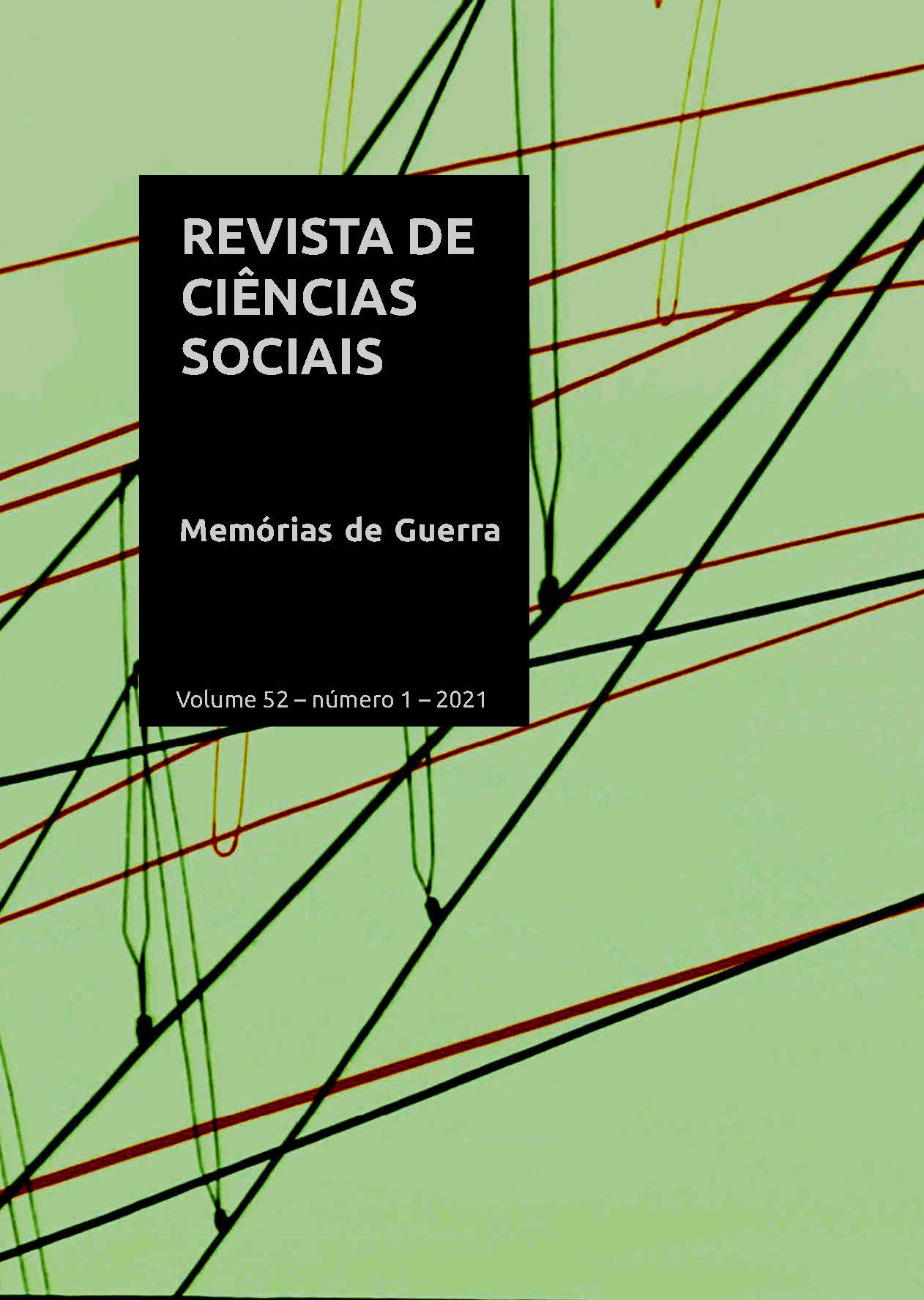Less is more
the downshifter Waldorfs
DOI:
https://doi.org/10.36517/10.36517/rcs.52.1.a03Keywords:
Downshifting, Waldorf Pedagogy, countercultureAbstract
This study focuses on downshifters - individuals who make the choice to slow down their rhythms of life, strive to balance work and leisure, and look after frugal lifestyles in order to minimize the effects of urban capitalist industrial societies. The goal is to explore a particular type of behavior in a specific social stratum - a social group formed by families that have children in a Waldorf school in Florianopolis, Brazil. One could notice that the aspects that form the movement alter in some way not only individuals but also the families inserted in the educational space that presents itself as resistance to the traditional educational system. The Waldorf assume downshifting premises and can be perceived as decelerators, from the perspective of the counterculture. They form a cohesive group that tend to restrict their social network to those who share the same lifestyle; their cooperative actions foster feelings of belonging and solidarity that help legitimizing alternative lifestyles in a consumer society.
References
DELMAN, Miriam. O reencantamento do político: interpretações da contracultura. Rev. Sociologia Política, v.16, p. 143-147, 2001.
ARCE CORTES, Tania. Subcultura, contracultura, tribus urbanas y culturas juveniles: ¿homogenización o diferenciación?. Rev. argent. sociol., v. 6, n. 11, p. 257-271, 2008.
AZEVEDO, Elaine de; COELHO, Daniel. Downshifting/ Desacelerando. Estudos de Sociologia (UFPE), v.1, n.23, p. 169-206, 2017.
BASTOS, Remo Moreira Brito. O surpreendente êxito do sistema educacional finlandês em um cenário global de educação mercantilizada Revista Brasileira de Educação, v. 22 n. 70, p. 802-825, 2017.
BECK, Ulrich. A reinvenção da política: rumo a uma teoria da modernização reflexiva.In: BECK, Ulrich; GIDDENS, Anthony; LASH, Scott (Orgs.). Modernização reflexiva. São Paulo, Editora Unesp, 1997. pp. 11-68,
BERMAN, Morris (2001). The Twilight of American Culture. New York, London: Norton & Company.
CARLGREN, Frans; KLINGBORG, Arne. Educação para a liberdade: a pedagogia de Rudolf Steiner. São Paulo: Escola Waldorf Rudolf Steiner, 2006.
CARVALHO, Alonso Bezerra. A sociologia weberiana da Educação. In: CARVALHO, Alonso Bezerra; SILVA, Wilton Carlos da. (Orgs.) Sociologia e educação: leituras e interpretações. São Paulo: Avercamp, 2006. pp. 24-56.
CASTELLS, Manuel. O Poder da Identidade. São Paulo: Editora Paz e Terra, 2008.
DELEUZE, Gilles; GUATTARI, Félix. Mil platôs.São Paulo, Editora 34, 1996.
ECNP. European College of Neuropsychopharmacology. Internet addiction may indicate other mental health problems in college-aged students. ScienceDaily., 2016. Disponível em: <https://www.sciencedaily.com/releases/2016/09/160918180002.htm>. Acesso em: 31 Out. 2017.
GIDDENS, Anthony. Modernidade e identidade. Rio de Janeiro, Jorge Zahar, 2002.
GOHN, Maria da Glória. Sociologia da Educação: campo de conhecimento e novas temáticas. Educação & Linguagem, v. 15, n. 26, p. 95-117, 2012.
HAY, Byung-Chul. Sociedade do Cansaço. São Paulo: Editora Vozes, 2015.
HANORÉ, Carl . Devagar. Rio de Janeiro: Record, 2011.
HOLT, Maurice. t's Time to Start the Slow School Movement. Phi Delta Kappan vol. 84 n. 4, 264-271, 2002.
JAY, Francine. Menos é mais : um guia minimalista para organizar e simplificar sua vida. São Paulo: Fontanar, 2016.
LANZ, Rudolf. A Pedagogia Waldorf. São Paulo: Editora Antroposófica, 1990.
LE BRETON , David. Do Silêncio. Lisboa: Piaget, 2017.
MOTTA, Vânia Cardoso da; FRIGOTTO, Gaudêncio. Por Que a urgência da reforma do Ensino Médio? Medida Provisória Nº 746/2016 (Lei Nº 13.415/2017). Educ. Soc., v. 38, n. 139, p. 355- 372, 2017.
MOUFFE, Chantal. Democracia, cidadania e a questão do pluralismo. Política e Sociedade. 2003. Disponível em: https://periodicos.ufsc.br/index.php/politica/article/viewFile/2015/1763 Acesso em: 9 Mar 2018.
NELSON, Michelle R.; RADEMACHER, Mark A.; PAEK, Hye-Jin. Downshifting Consumer = Upshifting Citizen? An Examination of a Local Freecycle Community . Annals of the American Academy of Political and Social Science.The Politics of Consumption/The Consumption of Politics, v. 611, pp. 141-156, 2007..
OPPENHEIMER, Todd. Schooling the imagination, The Atlantic Magazine. 1999. Disponível em: http://www.theatlantic.com/magazine/archive/1999/09/schooling-imagination/309180/ Acesso em: 6 Dez 2015.
PAYNE, Philip G.; WATTCHOW, Brian. Phenomenological Deconstruction, Slow Pedagogy, and the Corporeal Turn in Wild Environmental/Outdoor Education. Canadian Journal of Environmental Education, v.14, p. 14-32, 2009.
PINTO, Juliana Sardinha (2009). A Escolha de Escolas Waldorf por Famílias das Camadas Médias. Dissertação (Mestrado). Belo Horizonte, Faculdade de Educação Universidade Federal de Minas Gerais.
RAY, Paul H.; ANDERSON Sherry Ruth. The Cultural Creatives. New York, Harmony, 2000.
RIBEIRO, José Carlos; LEITE, Luciana; SOUZA, Samile. Notas sobre aspectos sociais presentes no uso das tecnologias comunicacionais móveis. In: NASCIMENTO, Antonio Dias; HETKOWSKI, Tânia M (orgs). Educação e contemporaneidade: pesquisas científicas e tecnológicas. Salvador: EDUFBA, 2009.pp. 187-201.
SILVA, Dulciene Anjos de Andrade. Educação e ludicidade: um diálogo com a Pedagogia Waldorf. Educ. rev., n. 56, p. 101-113, 2015.
STEPHENS, Julie. Anti-Disciplinary Protest: Sixties Radicalism and Postmodernism. Cambridge: Cambridge University Press, 1998.
Published
How to Cite
Issue
Section
License
Autores que publicam nesta revista concordam com os seguintes termos:- Autores mantém os direitos autorais e concedem à revista o direito de primeira publicação, com o trabalho simultaneamente licenciado sob a Creative Commons Attribution License, que permite o compartilhamento do trabalho com reconhecimento da autoria do trabalho e publicação inicial nesta revista.
- Autores têm autorização para assumir contratos adicionais separadamente, para distribuição não-exclusiva da versão do trabalho publicada nesta revista (ex.: publicar em repositório institucional ou como capítulo de livro), com reconhecimento de autoria e publicação inicial nesta revista.
- Autores têm permissão e são estimulados a publicar e distribuir seu trabalho online (ex.: em repositórios institucionais ou na sua página pessoal) a qualquer ponto antes ou durante o processo editorial, já que isso pode gerar alterações produtivas, bem como aumentar o impacto e a citação do trabalho publicado (Veja O Efeito do Acesso Livre).



